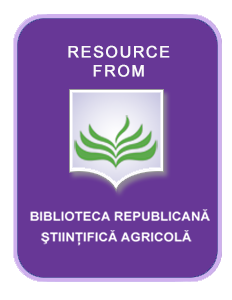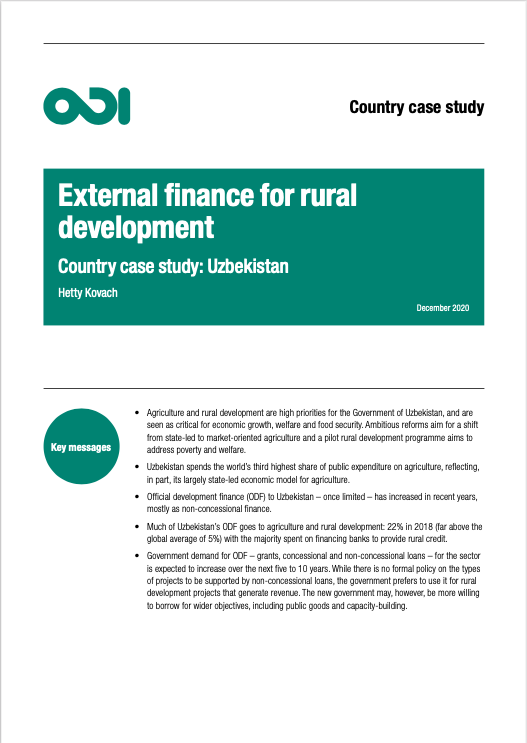Farmland Transitions in China: An Advocacy Coalition Approach
In recent decades, global social and economic development has resulted in substantial land-use transitions. This was first observed with respect to losses of forested land, attracting worldwide concern. Forest transitions have an important impact on global ecology, whilst farmland transitions are key in terms of global food security. However, research into farmland transitions is lacking, particularly with respect to mechanistic analysis.




